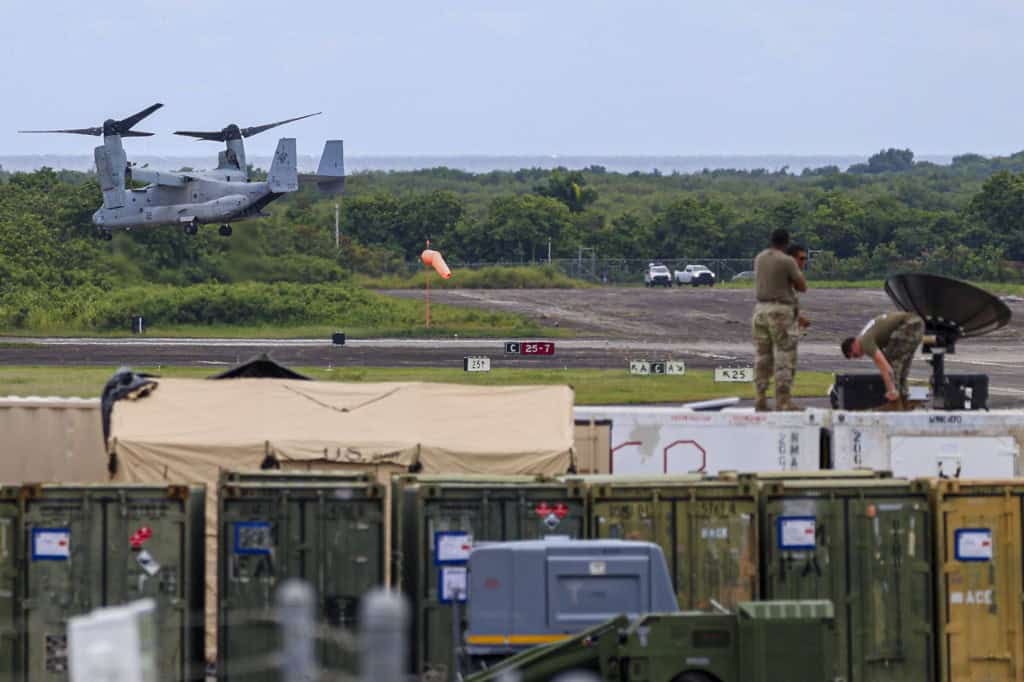Washington has moved forward with reactivating shuttered military installations in Panama and Puerto Rico to increase its regional footprint. Efforts to do the same in Ecuador failed after voters turned down the proposal in a referendum.
American forces have resumed operations at Fort Sherman in Panama, a site dormant since the U.S. handed over the Panama Canal Zone in 1999. Troops arrived last week for joint exercises with Panamanian units, focusing on ground maneuvers in the jungle.
The drills build on a bilateral security pact that allows shared training to combat threats like organized crime. Panama’s president confirmed the activities target no specific neighbor, though they coincide with U.S. naval deployments in the area.
In Puerto Rico, the Roosevelt Roads Naval Station in Ceiba has reopened after two decades offline. The base, once central to Caribbean operations, closed in 2004 amid local opposition to bombing runs on Vieques that caused environmental damage and health issues.
Now, construction teams have resurfaced runways and expanded facilities, enabling air and sea missions. U.S. officials operate from five sites across the island, including the José Aponte de la Torre Airport, as part of a strategy to monitor nearby waters. Puerto Rican groups protest the revival, citing risks of the territory serving as a staging point for actions against Venezuela.
Ecuador presented a different outcome. Leaders there discussed reinstating a U.S. air base at Manta, which American forces left in 2009 after a constitutional ban on foreign militaries. President Daniel Noboa backed the idea for anti-drug efforts, but citizens voted against it yesterday. The rejection halts U.S. access, though some training agreements remain in place.
These steps show U.S. priorities in curbing narcotics flows and responding to Venezuelan instability. Eight warships and aircraft now patrol the Caribbean, with Panama and Puerto Rico providing key logistics. Analysts note the buildup echoes Cold War postures, raising concerns over national autonomy not only here in Costa Rica but all of Latin America.
The Pentagon frames the actions as cooperative, yet critics argue they could strain ties with nations wary of external involvement.






